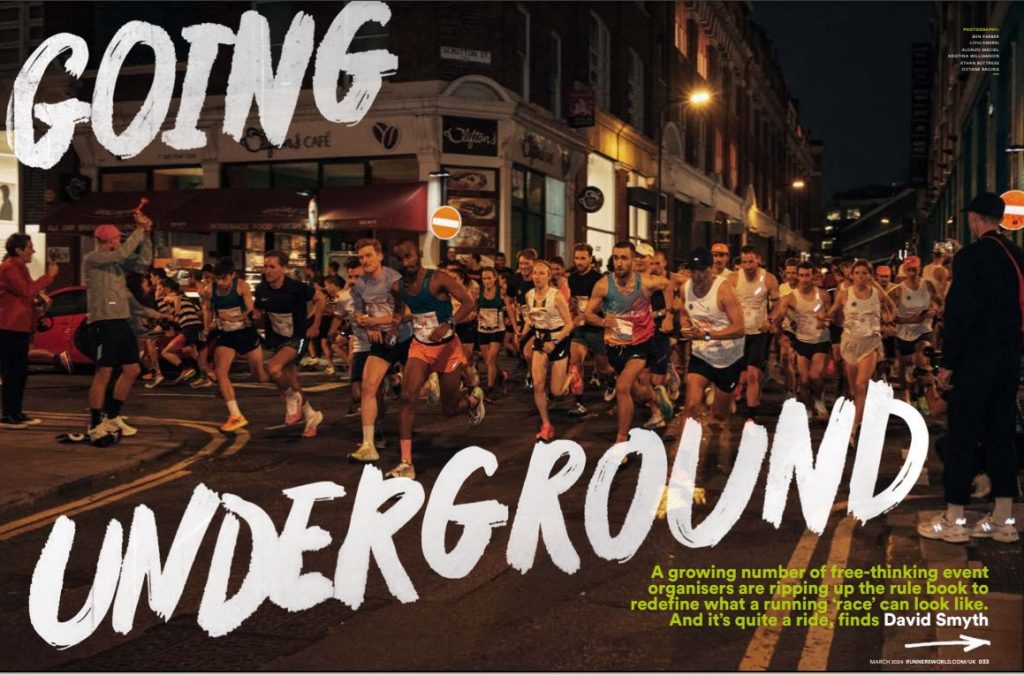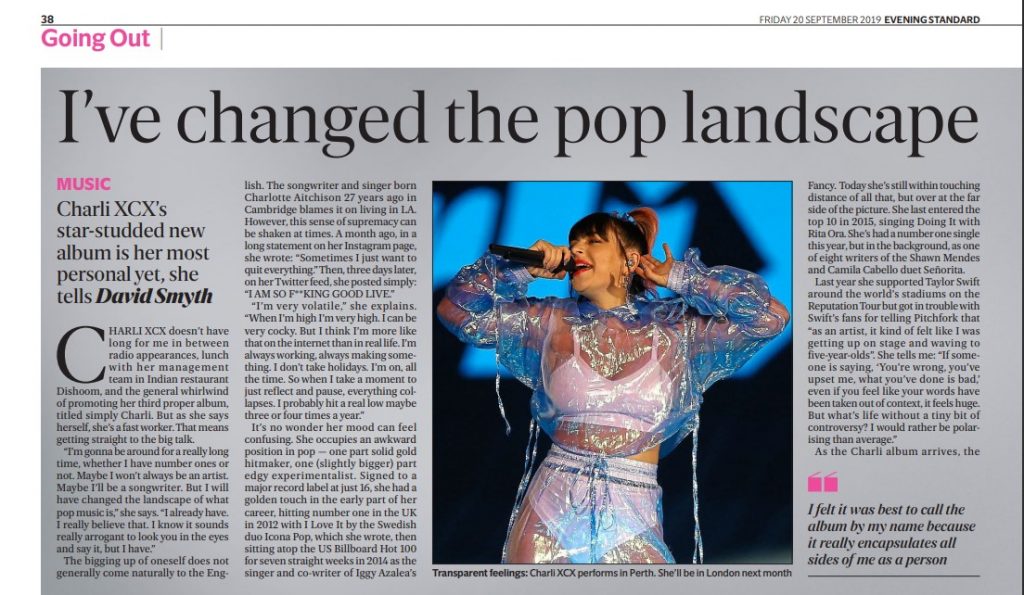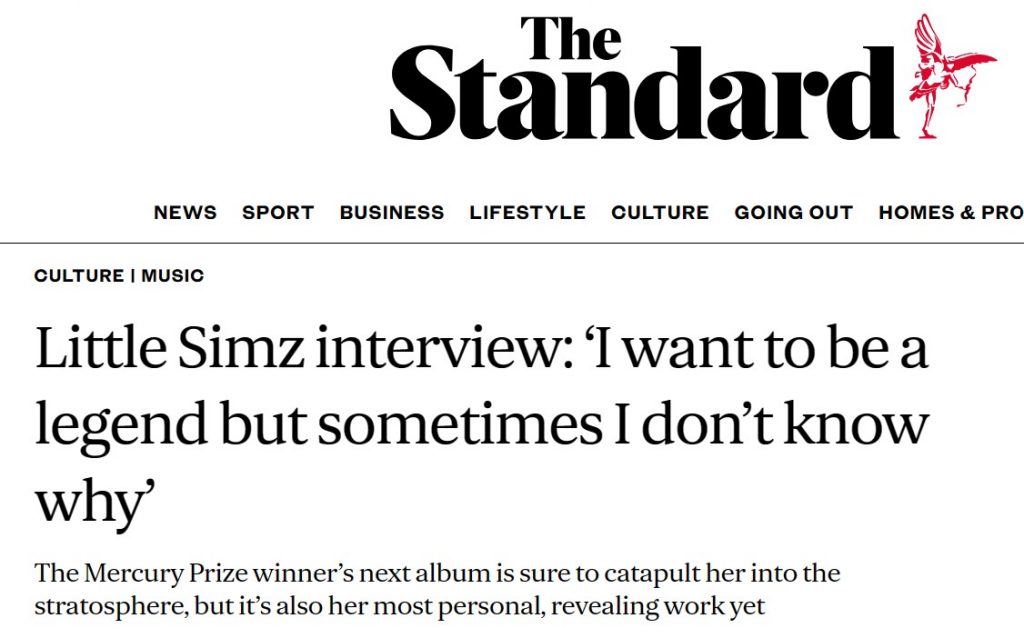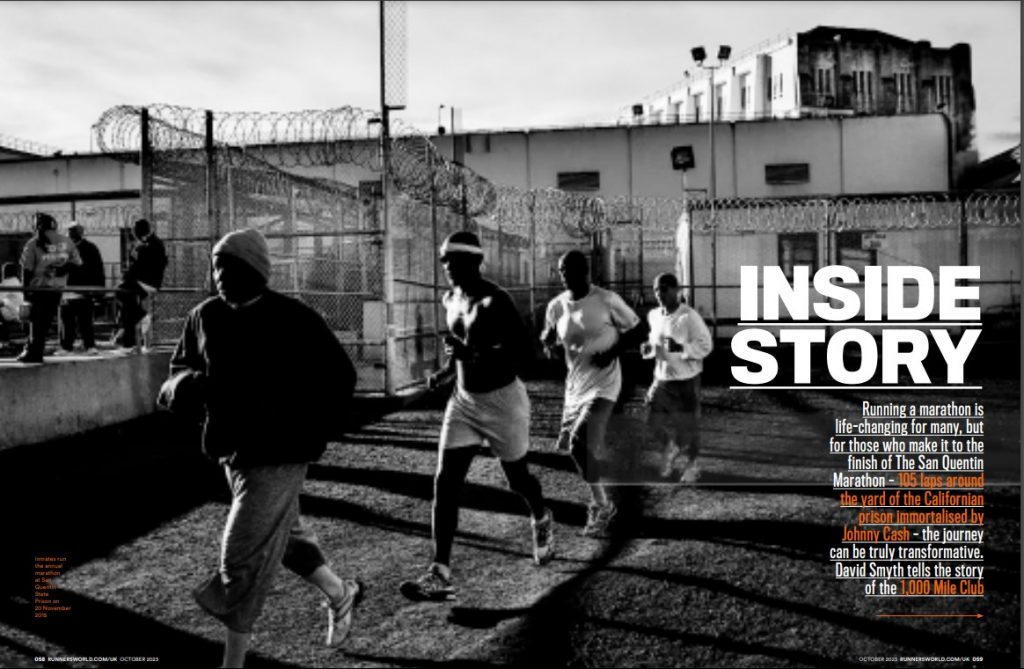This year, after four albums of increasingly monumental indie rock, it looks like Foals have got all their ducks in a row. Next week the Oxford quintet will play their first London arena show, at Wembley. The week after that they’re named alongside Coldplay and Blur as best British group at the BRITs, their first nomination in that elite category. And they’ve just been announced as headliners at the Reading and Leeds festivals in the summer – they’ve topped the bill at Bestival and Latitude before but this is a step up to an iconic weekender.
All of these things are clear indicators that Foals are now firmly on British rock’s A-list. Bear-like singer and guitarist Yannis Philippakis doesn’t disagree, though he’s not so thrilled that there doesn’t seem to be as much competition these days. “With all the bands that have come out since we did in 2007, it’s like we’ve been in an egg-and-spoon race and there’s only two of us still running,” he says.
He counts bands such as The Maccabees, Alt-J and Wild Beasts as his peers, all of whom have bucked the trend for guitar groups by becoming increasingly successful with each album they release. Steady growth may be less exciting than boom and bust, but it means Foals can be proud of the way they’ve reached the top.
“We’ve got to Wembley on our own terms,” Philippakis tells me. “We’ve never really had a hit. We’ve never benefitted from an ad sync. We’ve never compromised the artistic vision of the band. We don’t play anyone our music until it’s finished – no one in management or at our record label. We’re self-contained, and I’m glad we’ve done it that way.”
A lot of bands claim they want to be the biggest in the world. There’s much more of the indie purist about Foals, whose first seeds were sown when Philippakis and drummer Jack Bevan played together in a more experimental, awkward rock band, The Edmund Fitzgerald. Foals started playing house parties, and appeared on the TV youth drama Skins, and never seemed hungry to be the next Oasis. “I never went to arena shows growing up. I do have a sort of punk guilt about the notion of being in those spaces,” the singer says of his imminent arrival on the Wembley stage. “I definitely don’t want us to become an ‘arena band’. I feel like that would be quite limiting and put more of a commercial expectation on what I like to approach in a private, intimate way. When I’m writing music I don’t want to be thinking about the physical space that it needs to fill.”
Yet, whether intentionally or not, the band’s sound has become far bigger. What Went Down, the lead song and title track of their latest album, is a mammoth thing, with a roaring, low guitar riff and a savage howl from Philippakis. Some of the new songs are so demanding that last autumn his larynx gave out. The band had to postpone a two week South American tour and come home from Colombia.
“What Went Down feels good to play live. It feels sinewy and huge and menacing. There’s an energy that comes back from the crowd during those heavier songs that’s pretty great,” he says. “I never thought I’d have a problem with my voice. I felt indestructible. I would smoke and drink and go out all night and it never seemed to tire. I just needed to rest.”
Now he’s back to full strength, giving out a little of that animal aggression in conversation as well as on stage. Stocky and bearded, with glowering eyebrows, a resident of England since he arrived from the Greek island of Karpathos at age five, he is well aware of his reputation as a prickly interviewee. I find him brusque and to the point but not unfriendly. He just has one of those faces (“Resting bitch face it’s called, isn’t it?”) and is keen to get home to Peckham and his girlfrend on a rare stop in London before he has to head off on tour once again. He’s doing the place up himself and can’t wait to get stuck into the garden. He lightens up somewhat when we start talking allotments, but it’s clear that he takes his music extremely seriously.
“I don’t see us as being known for one song. We’ve always been an albums band. We work hard on every song we put on a record – we agonise over it. We try and make what we feel is a great album, not chase a hit. We don’t want to just make a song that’s hot on the radio for a while.”
As a serious-minded Oxford band, most of whom studied for degrees, but didn’t finish, at the university, inevitably they have laboured under Radiohead comparisons. But like Muse and even Coldplay, both of whom had the same thing in the beginning, Foals have grown into their own sound – widescreen rock that encompasses both interweaving, Afrobeat-inspired guitar lines and airy synths. As an indication of the range of his interests, Philippakis tells me that he’s recently been working on other projects with both veteran Nigerian drummer Tony Allen and techno musician Karl Hyde from Underworld.
With Foals he’s generally less experimental: “Bands like ours aren’t common today. The space occupied by alternative rock, indie, whatever you want to call it, has been filled with electronic alternative pop. The traditional band set-up is rare, especially bands that don’t use backing tracks. There’s a lot of trickery going on elsewhere.” But that could change once the band have finished touring this album at the end of the summer and start thinking about album number five.
“I definitely want to approach the next record quite differently. I think we should rock the boat a bit on the next one. I want to make a record that tests some boundaries, to make a bigger leap.”
For now, even he should be able to crack a smile about his band’s current lofty position on the British rock landscape. He doesn’t expect to win at the BRITs (“We’re up against One Direction! I’m just gonna go for the party.”) but couldn’t be more pleased about his band’s name being at the top of the Reading festival poster. “That’s going to be a highlight. I grew up watching this Nirvana VHS with loads of footage of them at Reading.”
As for Wembley Arena, it may not be his natural habitat, but that won’t stop him from giving his all. “I’m excited and confiident that we’re going to bring some dirt into what’s essentially quite a sterile space. We’ll put on a show as feral as we’ve ever put on. It’s gonna be raucous.”
Feb 16, SSE Arena, Wembley, HA9 (0844 815 0815, ssearena.co.uk)










